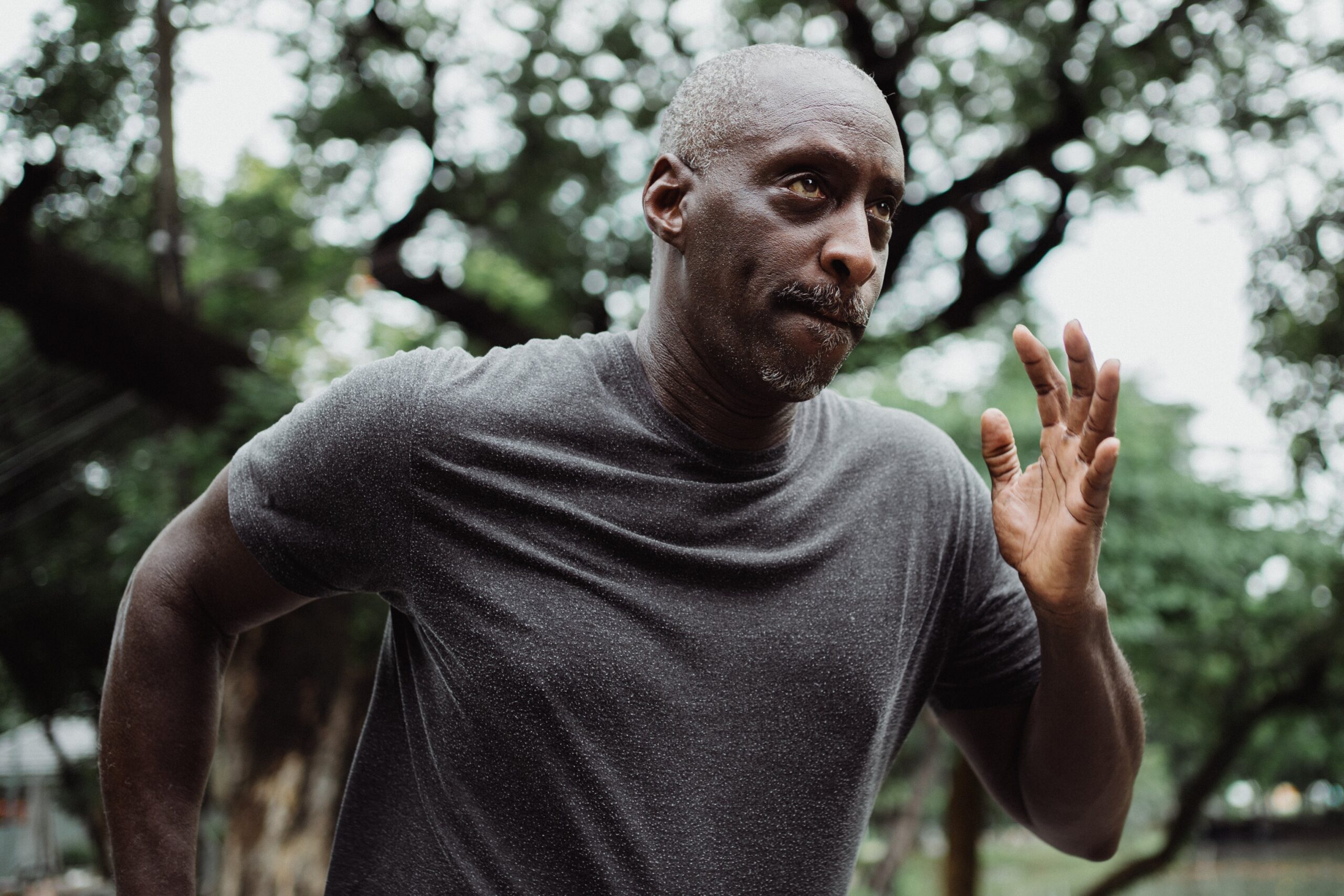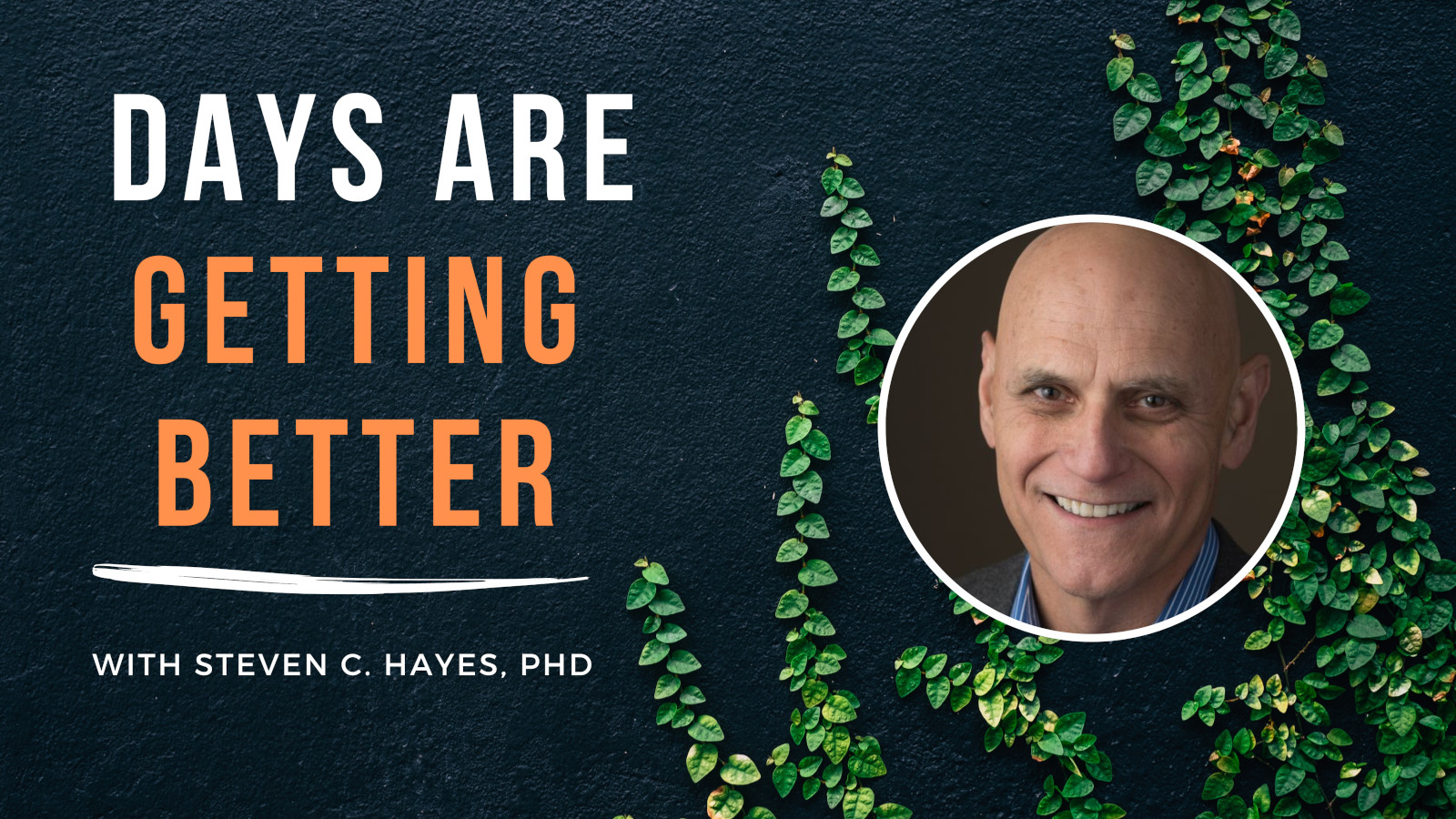It is one of the ironies of life that verbal formulae are not quite the same as wisdom earned. That is why parents cannot quite save their children from having to make mistakes, and teachers cannot quite eliminate the exploration of dead ends by their students. But sometimes on the other side of actual work we find particular wisdom in words. We see that love, indeed, makes the world go ’round, or that yes there is power in going with the flow. On a list serve for members of the public reading ACT self-help books a person who has strugged mightily with anxiety recently posted a summary of what he took away from ACT and related readings. I thought it was an awesome distillation of key ideas that reflects his hard won wisdom. I asked his permission to report it here virtually verbatim. Sometimes I’ve felt really good for an extended period of time, only to have anxiety return, and for it to appear unresponsive to my attempts to get rid of it. The key phrase here is “my attempts to get rid of it”. I know that for myself, I would continue to engage in daily activities, but I would do so in a way that was still unwilling to feel the feelings; still trying to push the feelings away. Any time you sense yourself trying to push the feelings away, that’s experiential avoidance, which is the core pathology of anxiety disorders. It is very important to recognize this mode of mind for what it is. In these circumstances, it has been useful for me to be very clear about what I can and cannot control, and where I can make choices. Some of the following quotes and phrases taken from various ACT sources have been helpful reminders for me: In essence, the practice is always the same: instead of falling prey to a chain reaction of self-hatred, we gradually learn to catch the emotional reaction and drop the story lines. Life is a choice. Anxiety is not a choice. Either way you go, you will have problems and pain. So your choice here is not about whether or not to have anxiety. Your choice is whether or not to live a meaningful life. You choose a path; a direction, not an immediate outcome. You don’t choose how to feel or what pops into your head. You can choose a path that leads towards what you value or you can choose avoidance and fusion. Your choice. Willingness is a skill you can learn. It just takes practice and patience. But you can learn it. Because we don’t control our feelings or thoughts, it’s not our job to worry about them. They rise and fall of their own accord if we don’t struggle with them. Instead, we can focus on what is within our control. We do choose:
- What we pay attention to.
- How we pay attention; struggle or willingness: Am I willing to move “with” thoughts and feelings? YES or NO. Am I willing to let them be without either trying to push them away or pursue them? YES or NO. Will I “Leap”? YES or NO. Will I love? YES or NO.
- What we do.







